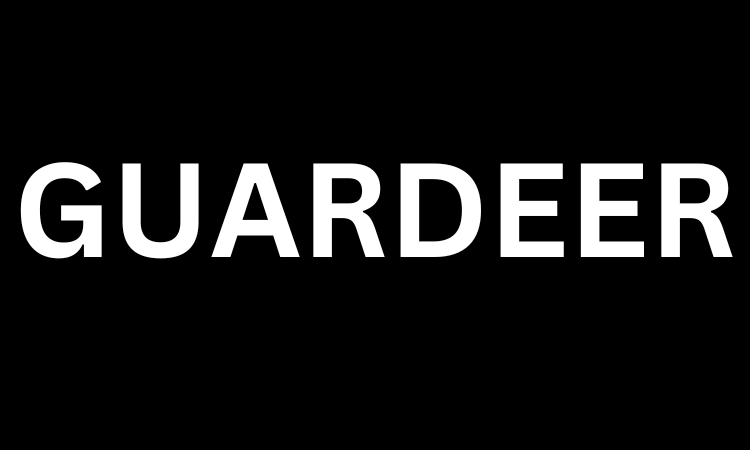We’re shifting all MT-5 accounts and upgrading our CRM system. Just wait till Wednesday we’ll be live right after!



We’re shifting all MT-5 accounts and upgrading our CRM system. Just wait till Wednesday we’ll be live right after!
